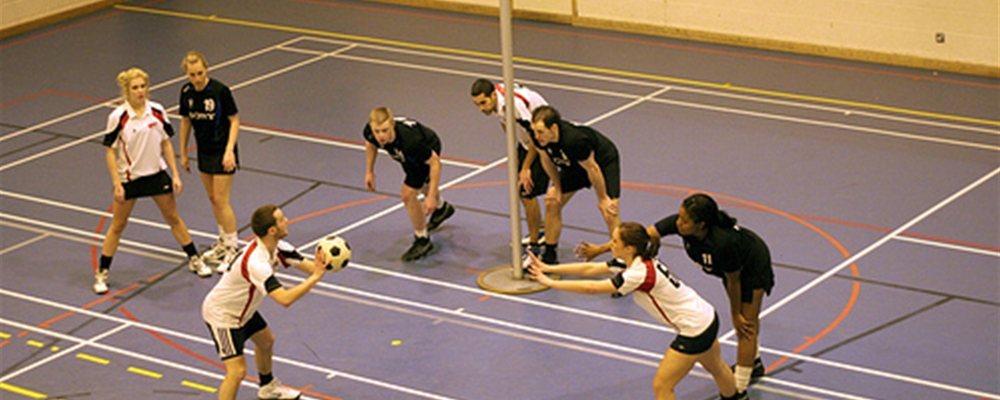Gender equality and sport: why Australia is ready for Korfball. #BalanceForBetter
The Australian Government’s latest initiative to increase female participation numbers in organised sport and physical activities, Girls Make Your Move, is a fantastic concept, and addresses real-world issues in a fun, upbeat manner. While the campaign looks like it’s having a fantastic impact in encouraging more females to take up a sport, it feels like there is one glaring omission: gender inequality sport is still rife.
Australia has been at the forefront in promoting top-flight women’s sport in recent years, with all four football codes now having (semi-)professional national women’s leagues, with our netballers and female cricketers being amongst the best compensated in the world, and with major TV networks getting on board to make sure these events are often televised.
Despite all of all these positive steps, there still lies one major issue facing those pushing for gender equality in sporting arenas. When given the choice of watching a men’s or a women’s match, the majority of today’s viewers will go for the men’s game. Despite the fact that the Southern Stars and the Matildas far outperform their male counterparts, their matches are pushed onto secondary venues. The footballing codes often marginalise their women’s product by playing a condensed schedule outside of the traditional season.
So what if we removed the choice altogether? What if when the average punter turned on the television “men’s” and “women’s” sport were not on separate channels or at inconvenient times?
Korfball makes this a very real possibility.
Korfball is, and has been for well over 100 years, the only sport that is mixed-gender by design. As a result, there is always and only gender equality on court. A korfball team is unfailingly composed of four male and four female players and coaches rely on both genders to outplay their counterparts. This creates a sport unlike any other.
Female korfball players know their achievements can never be eclipsed by events in the male version of the game. The pinnacle of the game is the same for everyone regardless of race, religion, sexuality or gender. Likewise, the any media attention that the sport attracts can only ever showcase this utopian image of sporting equality.
In essence, Korfball proves that there is an alternative to the current siloed approach to men’s and women’s sports.
So here’s a rallying cry for organisations looking to champion gender equality in sport — why not explore the burgeoning world of mixed-gender sports?
The #KorfballisEquality campaign is gaining momentum but our little-known sport could always do with more support!
P.S. If you’re wondering what the hell korfball is, the video below should help





Leave A Comment